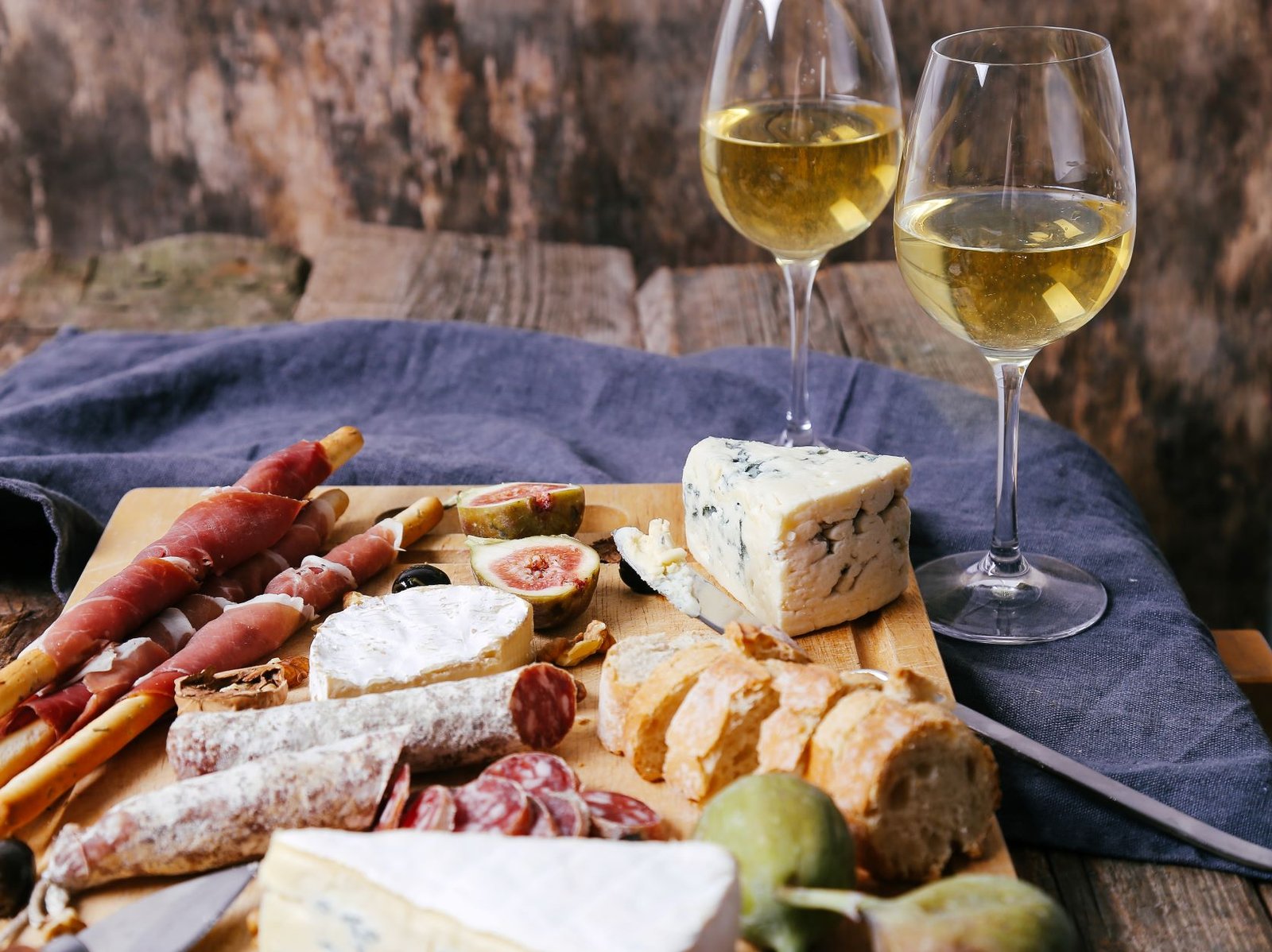
Responsibility as a key theme of the tourist offer. In a world that demands loudly to control waste and consumption, tourism, an industry globally available, can only look for innovative solutions. This is how sustainable tourism was born.
The tourism is an incomparable industry to the world. It represents the principal voice of the GDP of many developing countries and is one of the most important for many developed countries. It generates an overall million of workplaces and it is characterized by the permanence in local communities of about 30% of the earnings generated.
Even more interesting, it is a growing industry, nonetheless the shutdown phase due to the restrictions because of the pandemic. In light of its scope and a new vision from the tourist, the request is deeply changing and addressing to what is defined, in its several shades, as sustainable tourism.
This approach, established in the last Eighties and even more popular today, is characterized by a double concern regarding the place where we travel: environmental and social.
An Italian research entitled “ Sustainability as a goal: new developmental paths for Italian tourism”, carried out by Deloitte in cooperation with AICEO-Associazione Italiana Ceo analyzed the impact of sustainability on the Italian tourism industry. Surprisingly, it showed that 74% of Italians want to travel more sustainably. An important percentage, which declares to be ready to even face the price increases in the logic of 10-20%.
And if these are the data of the Bel Paese, it is not a surprise that many other international researches confirm the trend. Tourism must be more sustainable: this is what our customers demand loudly.


What do we mean by sustainable tourism?
With the expression of sustainable tourism, we refer to a series of practices included in the general definition stated by the WTO – World Tourism Organization. In particular, we talk about sustainable tourism when it satisfies the need of travelers and hosting regions, and at the same time, protects and improves the opportunities for the future.
A general definition, which literally includes an entire world of different possibilities, aimed to satisfy the nature of the traveler (we know how the tourists differ in terms of choices, needs of comfort, need for news, etc.) and to respect the nature of the visited place and its communities.
Translated into practice, the concept embraces the eco-tourism that aims to impact the environment as little as possible, by paying attention to not to pollute and overexploit local resources.
But also participative tourism, based on the meeting of local populations to make them an active part in the valorization of the territory (let’s think of African communities committed to the protection of local fauna of which they understand the tourist potential).
Or, further, fair trade tourism, is certainly careful and respectful of the environment but particularly inclined to the support and development of the local communities in difficulty.
Lastly, even community tourism is included in this definition, by creating a solid bond between the traveler and local communities, the first who are responsible and promoters of the tourist needs, as well as beneficiaries of the positive effects on the local economy.
Eco-sustainability for professionals
The tourist sector is the fourth source of pollution in Europe. Dealing with environmental, eco-sustainable tourism, and responsible towards the environment is of major importance for the planet, but also the customer.
In fact, being a sustainable tourist means implementing a series of practices (choice of means of transport, accommodation facility, restaurants, activities, trips, and everything related to the travel) whose goal is to limit its impact on the environment and host locations as much as possible.

It is obvious that the choice of the destination, structures, and tourist offer is deeply influenced by this point of view. The favorite tourist products are the ones in harmony with the environment, communities, and local cultures so that the identity and the integrity of the place are not compromised.
They underline the most traditional aspects of a place, transforming them into the main reference points for the tourist offer. The awareness of such orientation should encourage tourism operators to consolidate the interventions made and to initiate new ones, also by leveraging the benefits and available funds linked to the ecological transition.
The strong drive for a sustainable offer has been translated in many different ways, as shown by the plastic-free hotels that exclude the use of plastic, for example in packaging from laundry or restaurants. Or the structures and accommodation facilities that make green choices in terms of heating, energy, and urban planning, minimizing the production of waste and maximizing recycling.
Particular attention also goes to the choice and use of chemical products, suppliers or conscious use of water.
Even the catering industry can adopt these policies, by providing an offer characterized by biological products at 0km. The possibilities are countless and each reality can identify the ones more suitable for the target of travelers.
What counts is to communicate them effectively.
Communicating, communicating, communicating
As we noted, sustainability is a key factor in the choice of the tourist but, based on the data of the research Deloitte, can hardly find information on the sustainable practices of the hotels or means of transport.
Besides: tourists also complain about a lack of clarity in communication, reporting that the sustainable structures are not always easily recognizable and well-identified on online booking websites, agencies, or on the website of the structure itself. Communicating in an effective way is, on the other hand, extremely important, as well as the presence of sustainability certification.
These are investments
– the expression of choices
– that obviously find a consumer, on the other side, careful and ready to appreciate its value.
